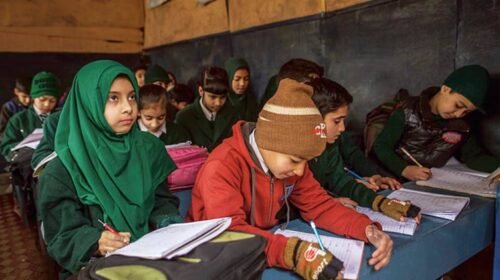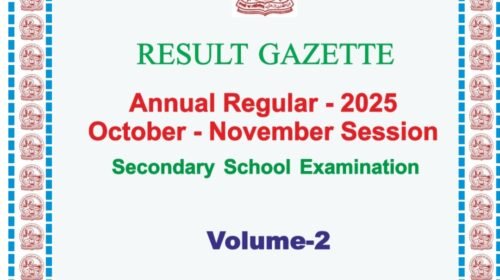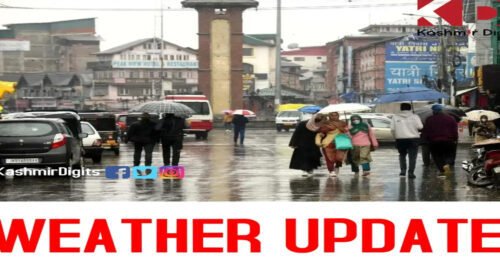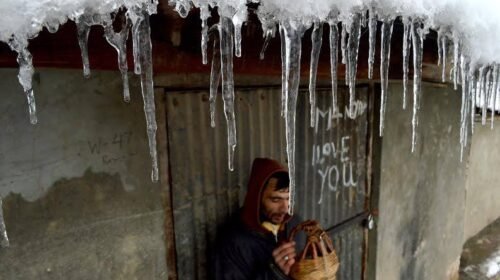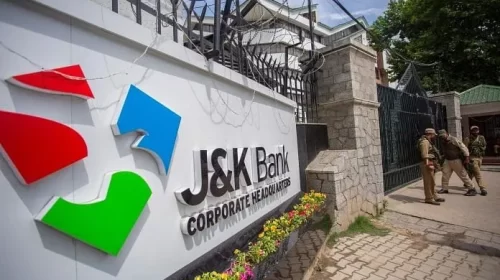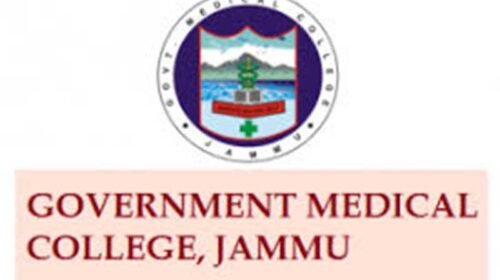US Commission on International Religious Freedom chair Nadine Maenza has said that religious freedom conditions in India are greatly concerning, owing to the ruling BJP promoting Hindu nationalist policies.
In an exclusive interview with Al Jazeera Nadine Maenza showed concern on deteriorating religious freedom in India and how Biden administration should address it.
In April this year, the United States Commission on International Religious Freedom (USCIRF), an independent, bipartisan federal government commission, recommended India be placed on a religious freedom blacklist for the second year in a row.
In its annual report for 2021 (PDF), the commission, which makes religious freedom and foreign policy recommendations to the US president, the US Congress, and the Department of State, called for India, the world’s largest democracy, to be designated as a “country of particular concern” (CPC) for “egregious religious freedom violations”.
The current USCIRF chair Nadine Maenza, who earlier served as a commissioner and vice-chair of the commission and has been vocal against the deteriorating religious freedom situation in India, spoke to Al Jazeera about the attacks on minorities, the controversial Citizenship Amendment Act (CAA), the National Register of Citizens (NRC), the jailing of activists and protesters, and steps President Joe Biden should take to address these concerns.
Few Excerpts From the Interview
Al Jazeera: What is your assessment of the current state of religious freedom in India?
Nadine Maenza: Religious freedom conditions in India are greatly concerning. The Indian government, led by the Bharatiya Janata Party (BJP), promotes Hindu nationalist policies resulting in systematic, ongoing, and egregious violations of religious freedom which negatively impact non-Hindu religious communities, including Muslims, Christians, Sikhs, Dalits (formerly known as “untouchables”) and Adivasis (Indigenous).
Al Jazeera: How do you look at the Citizenship Amendment Act (CAA) and the National Register of Citizens (NRC)? What concerns you the most?
Maenza: The CAA, combined with the proposed nationwide NRC, risks disenfranchising Muslims across the country as it provides a pathway to citizenship for non-Muslims from neighbouring Afghanistan, Bangladesh, and Pakistan but has no remedies for Muslims caught up in NRC processes. Those who are unable to prove their citizenship through documentation are subject to statelessness, deportation, and even detention.
Due to socioeconomic factors, many individuals are not able to provide proof of citizenship through documentation.
As a result, approximately 1.9 million persons were left out from the Assam NRC list in 2019, with the majority excluded being Muslim. However, Hindus excluded from the NRC list are likely to be protected through the 2019 CAA.
Al Jazeera: What are your observations on the arrest of anti-CAA protesters, activists and student leaders?
Maenza: USCIRF is extremely concerned about the Indian government’s crackdown on civil society. The misuse of policies such as the Unlawful Activities Prevention Act (UAPA) and the Financial Contribution (Regulation) Act (FCRA), enables the Indian government to silence or restrict individuals and NGOs from reporting on and combatting religious persecution.

